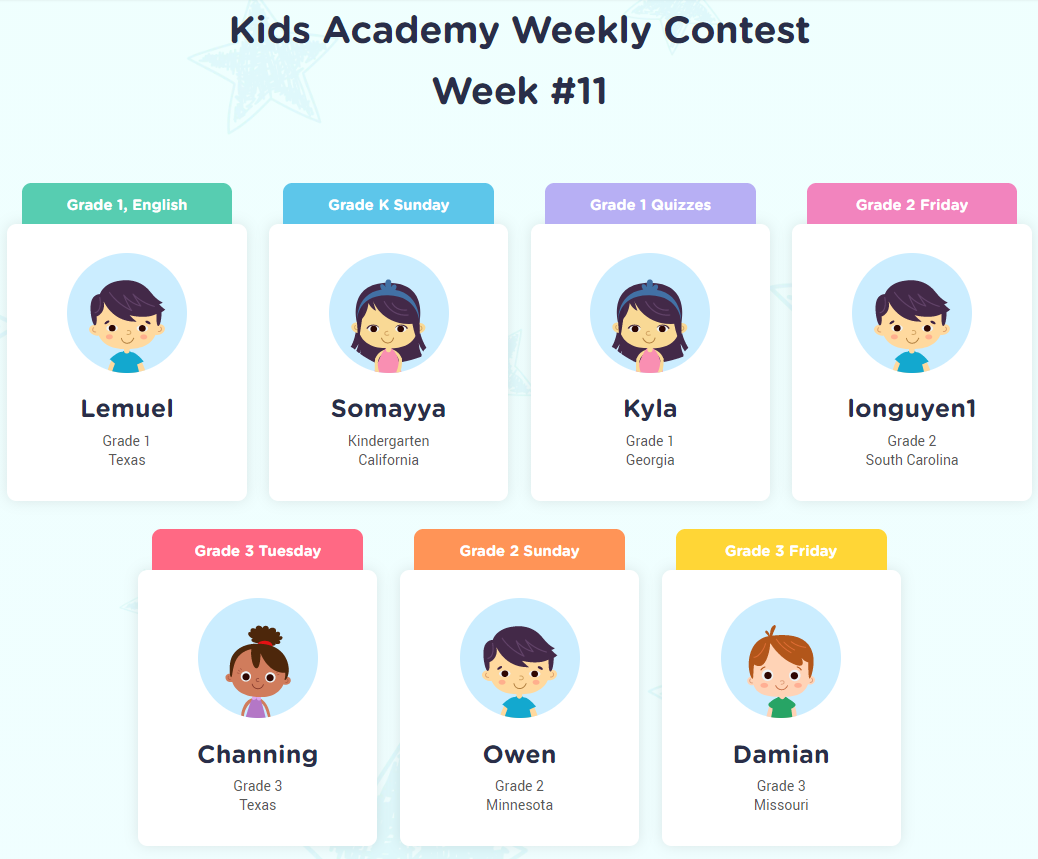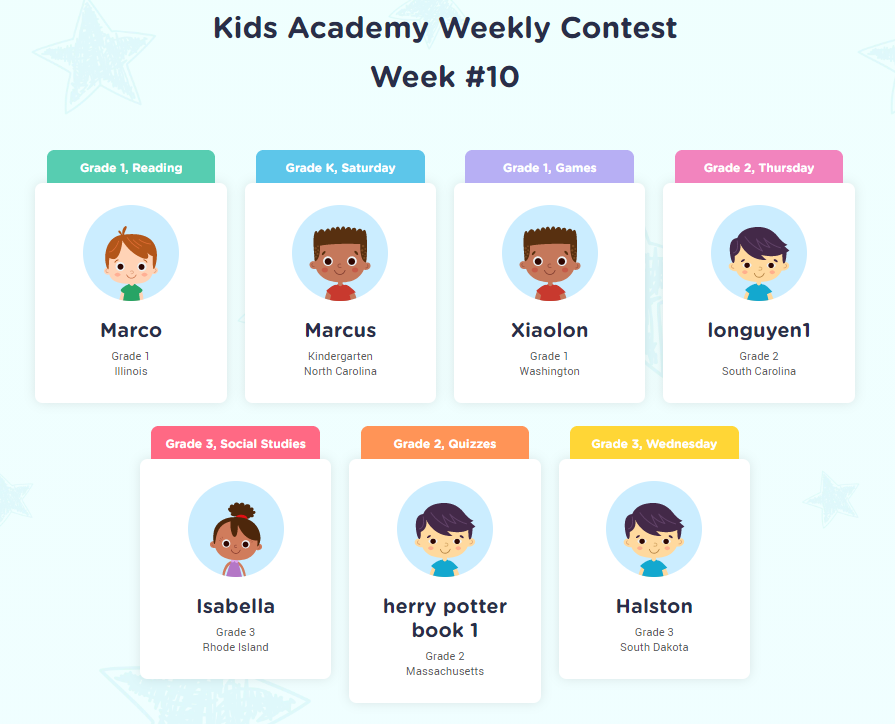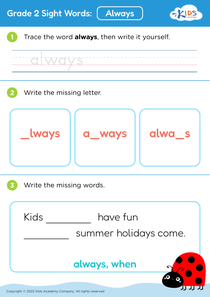Individual Development and Cultural Identity worksheets for Grade 2
29 filtered results
-
From - To
Explore our engaging "Individual Development and Cultural Identity" worksheets designed specifically for Grade 2 students. These resources encourage young learners to understand the concept of individual experiences and cultural backgrounds. Through fun activities, students will reflect on their own identities, celebrate diversity, and develop empathy for others. The worksheets are crafted to support curriculum standards and enhance social studies learning through intriguing prompts and interactive exercises. Perfect for classroom use or at-home learning, these materials make it easy for educators and parents to foster an understanding of cultural identity and personal growth in a supportive, engaging manner. Start your exploration today!
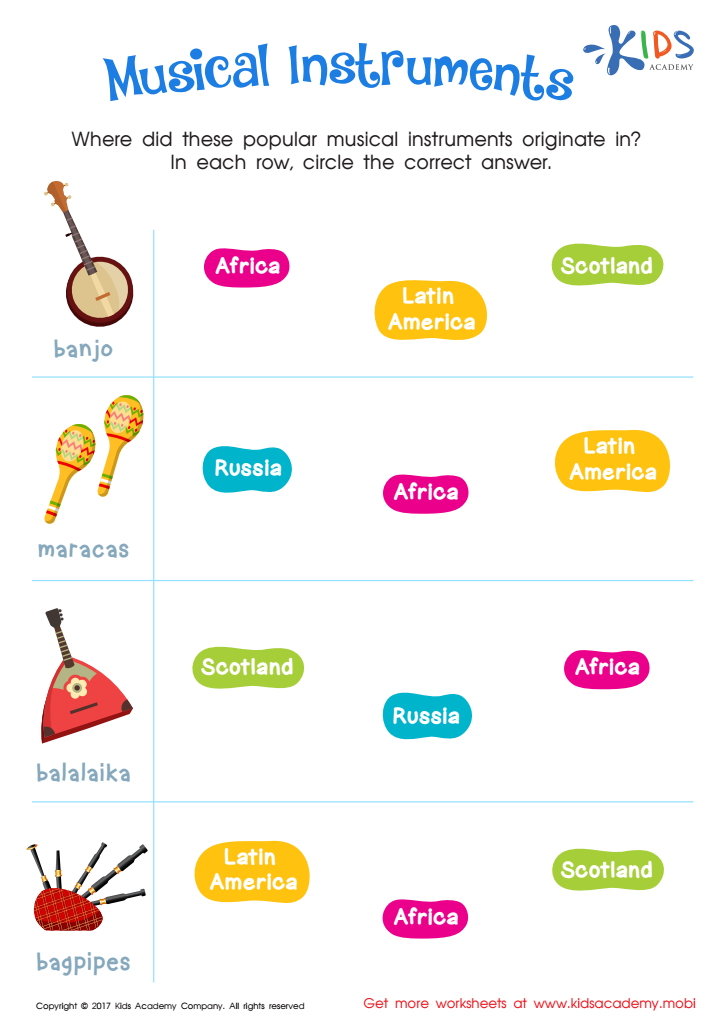

Musical Instruments Printable
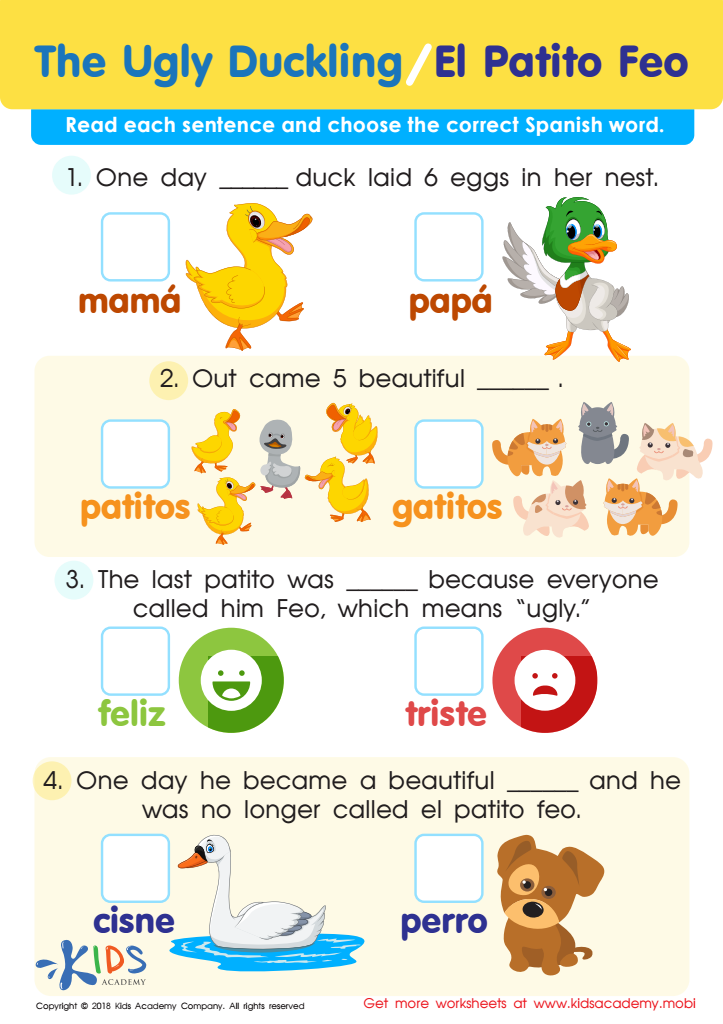

The Ugly Duckling / El Patito Feo Worksheet
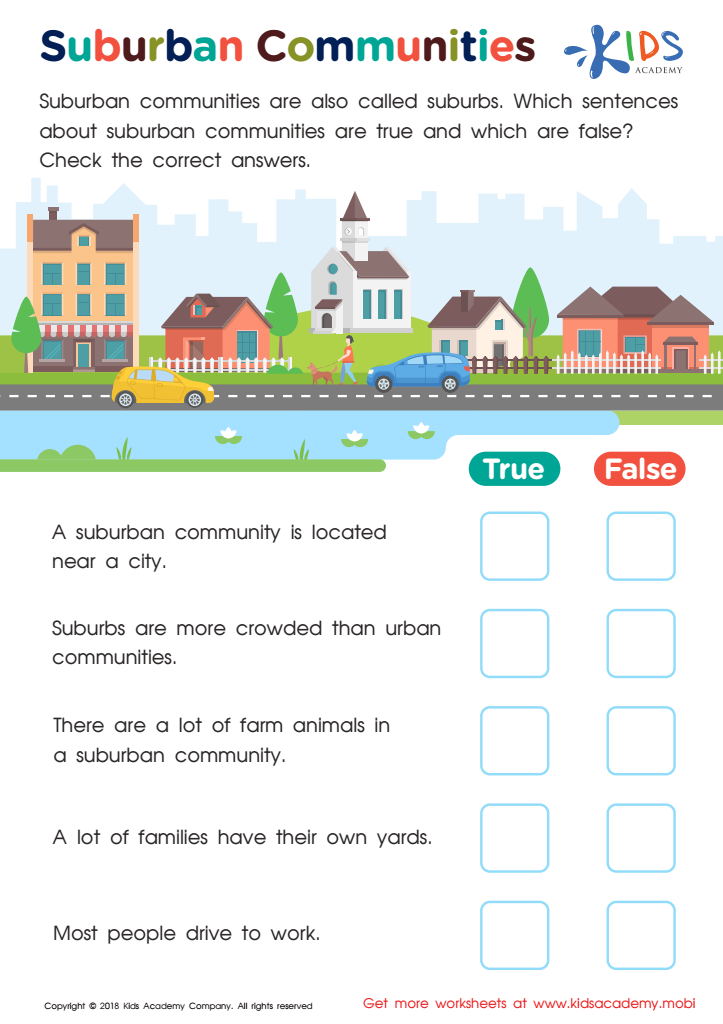

Suburban Communities Worksheet
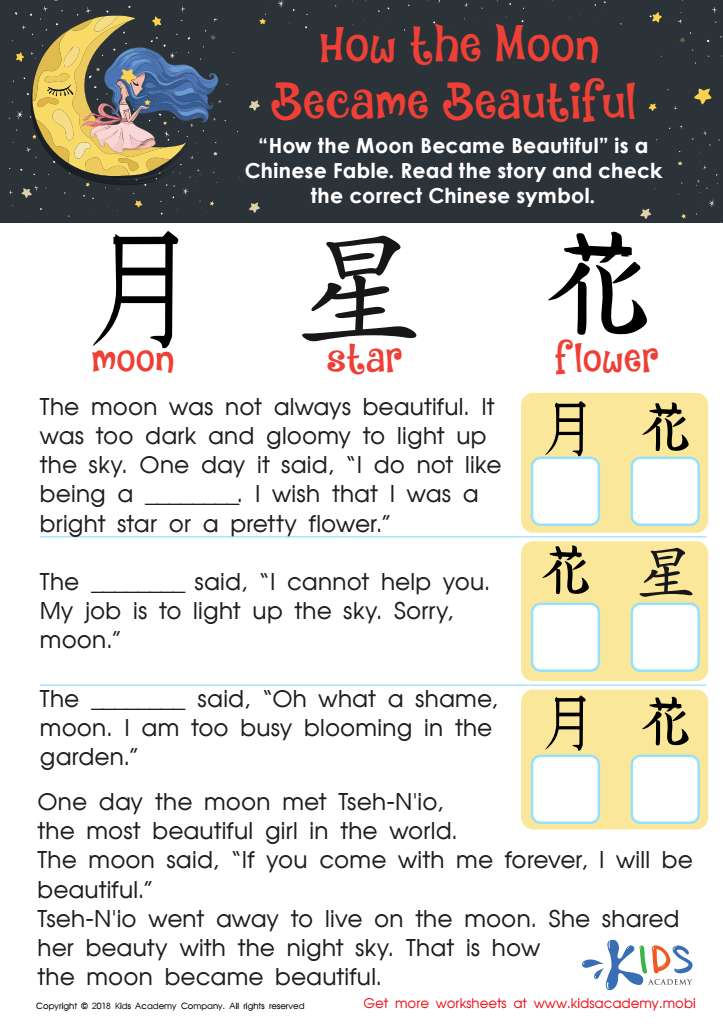

How the Moon Became Beautiful Worksheet
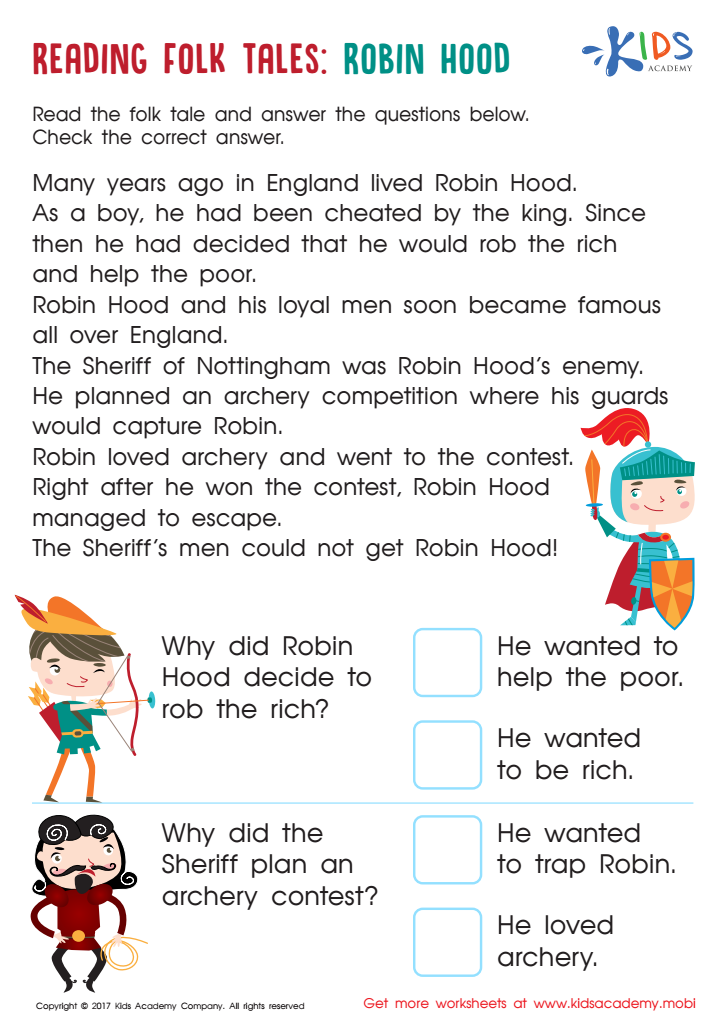

Robin Hood Folktale Worksheet
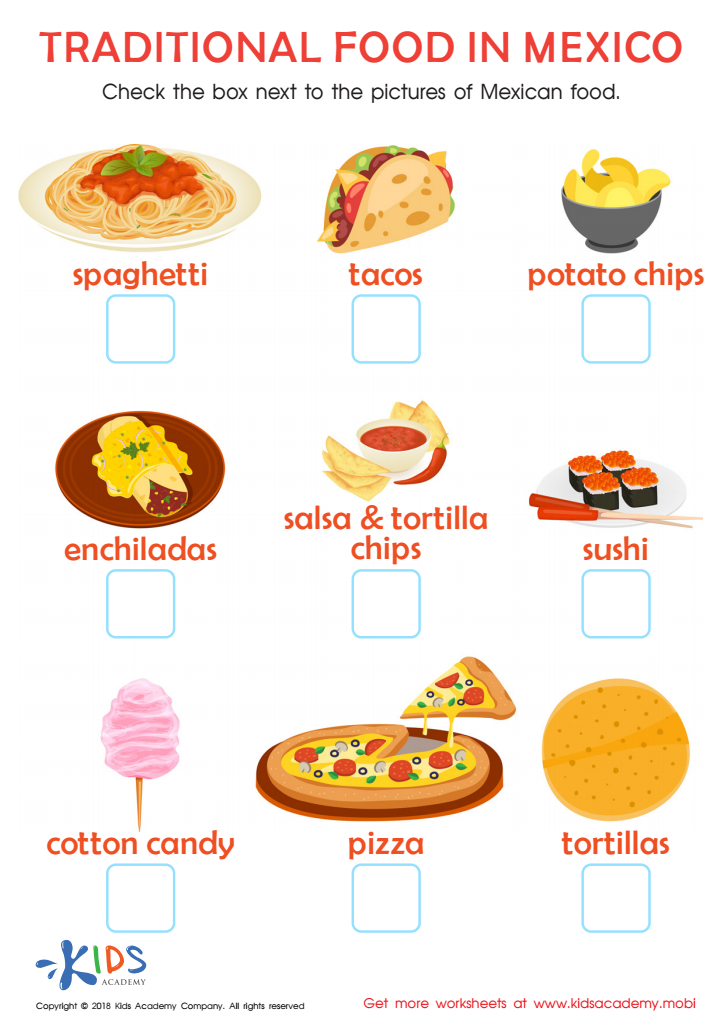

Traditional Food in Mexico Worksheet
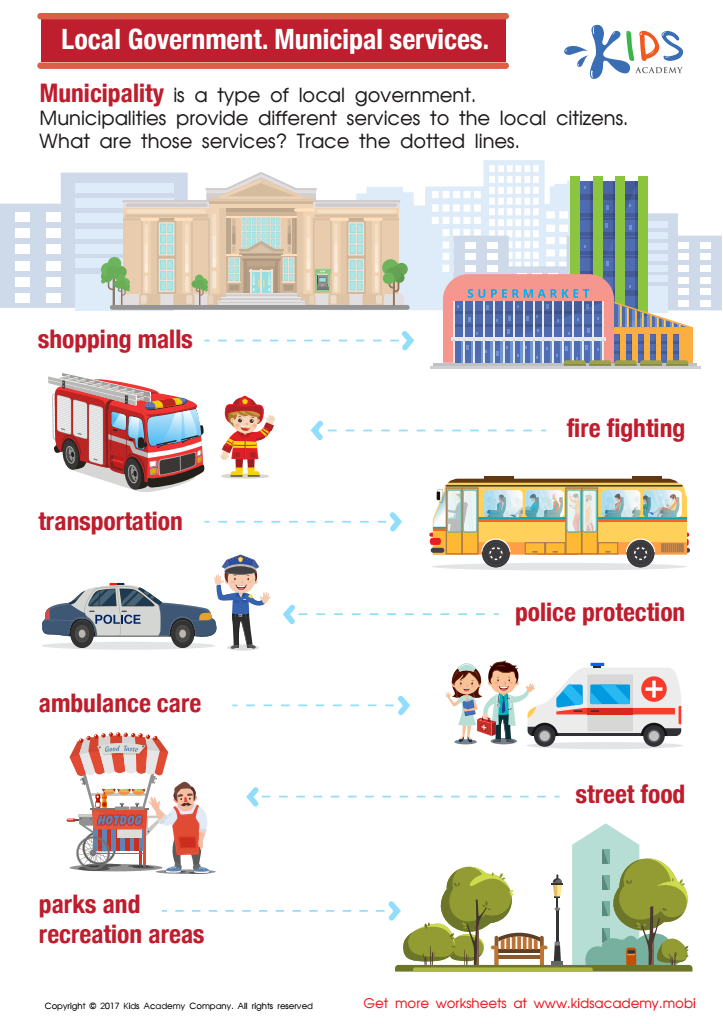

Local Government Worksheet
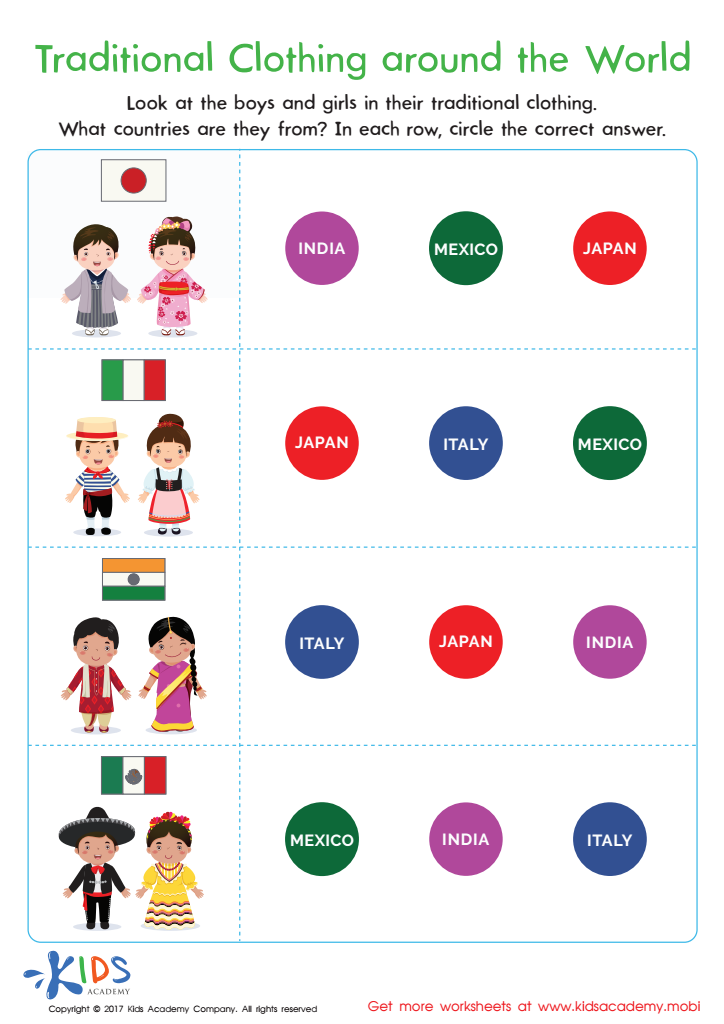

Traditional Clothing Worksheet
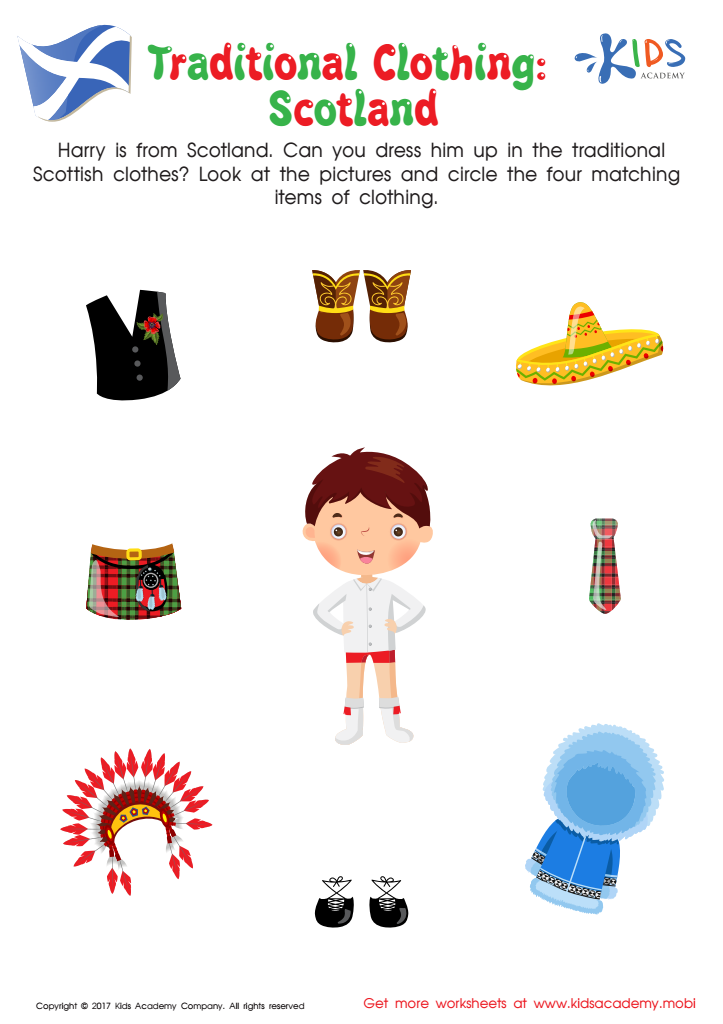

Traditional Clothing in Scotland Worksheet
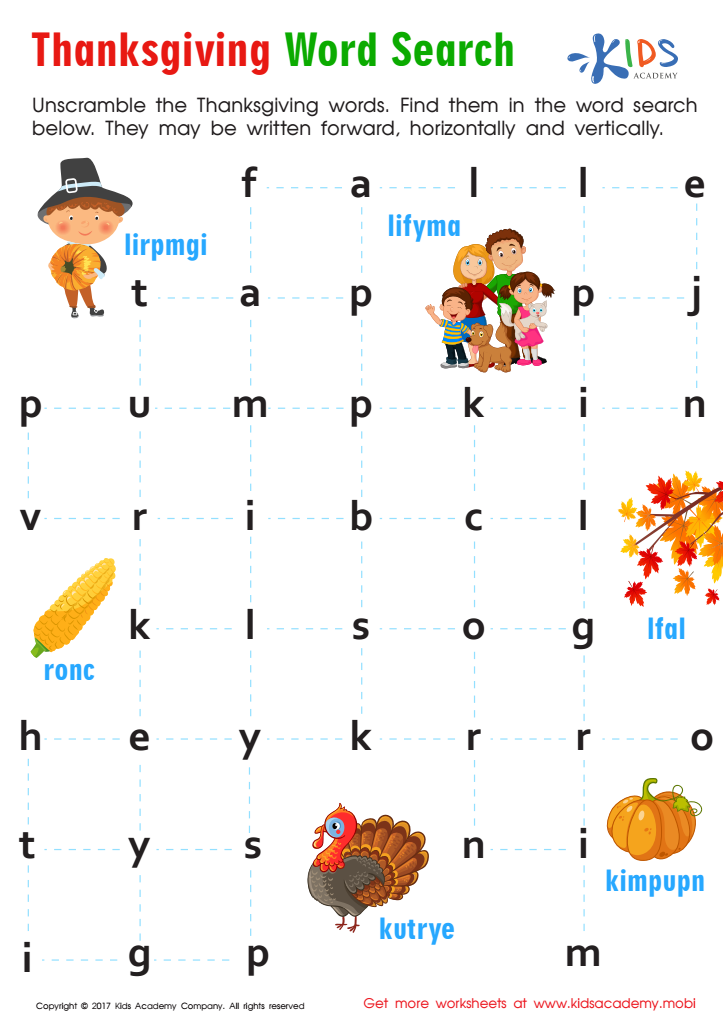

Thanksgiving Word Search Sight Words Worksheet
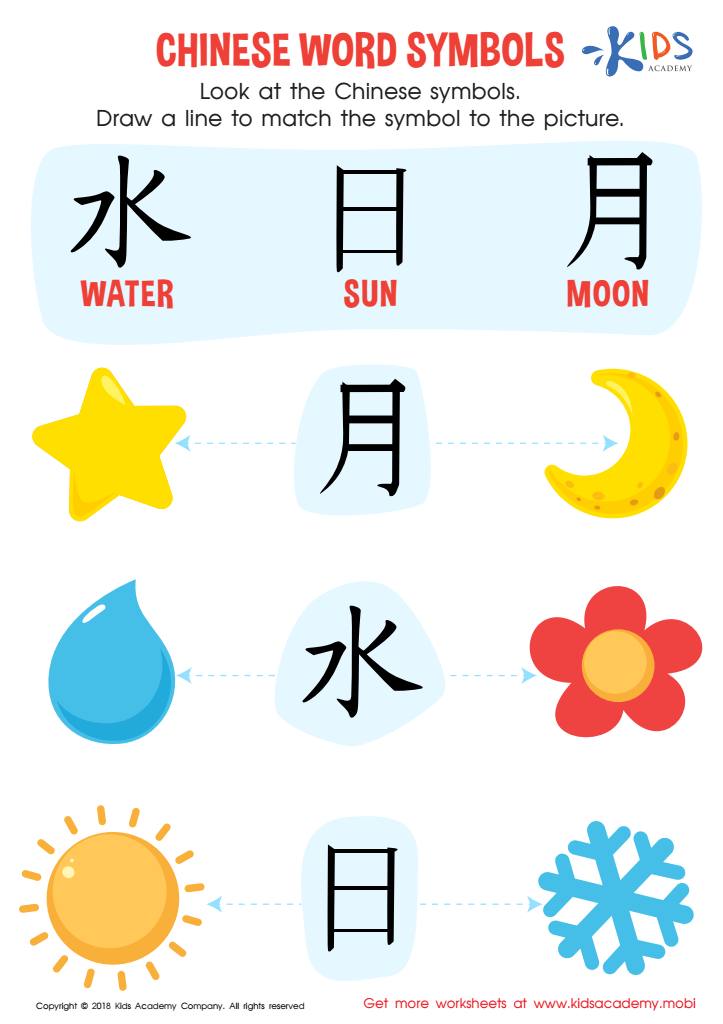

Chinese Word Symbols Worksheet
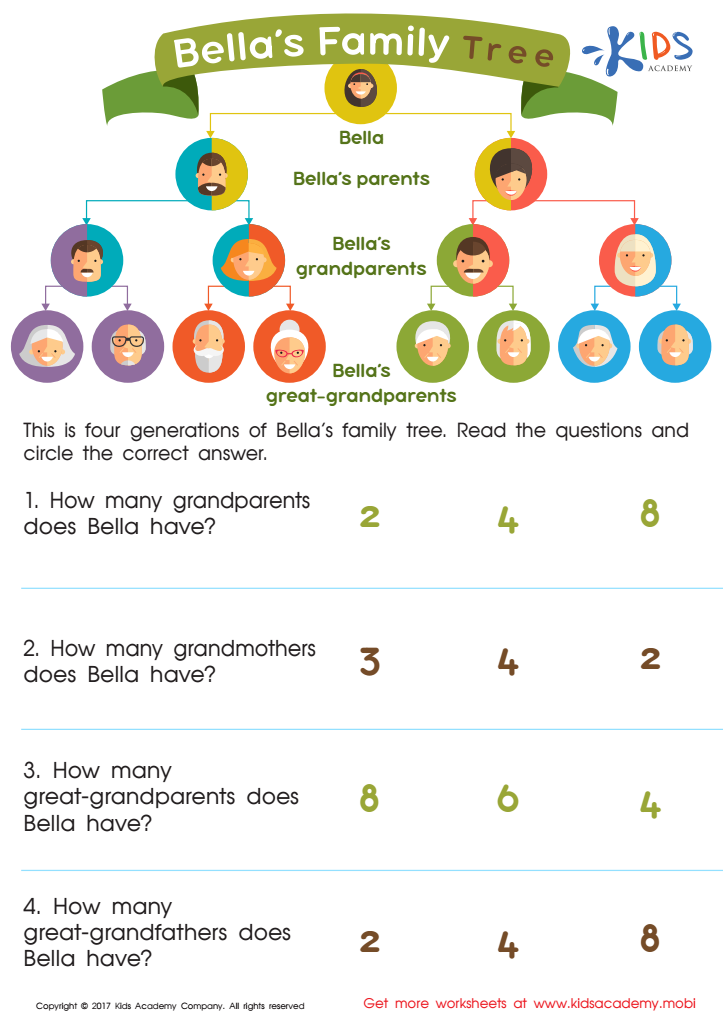

Bella's Family Tree Worksheet
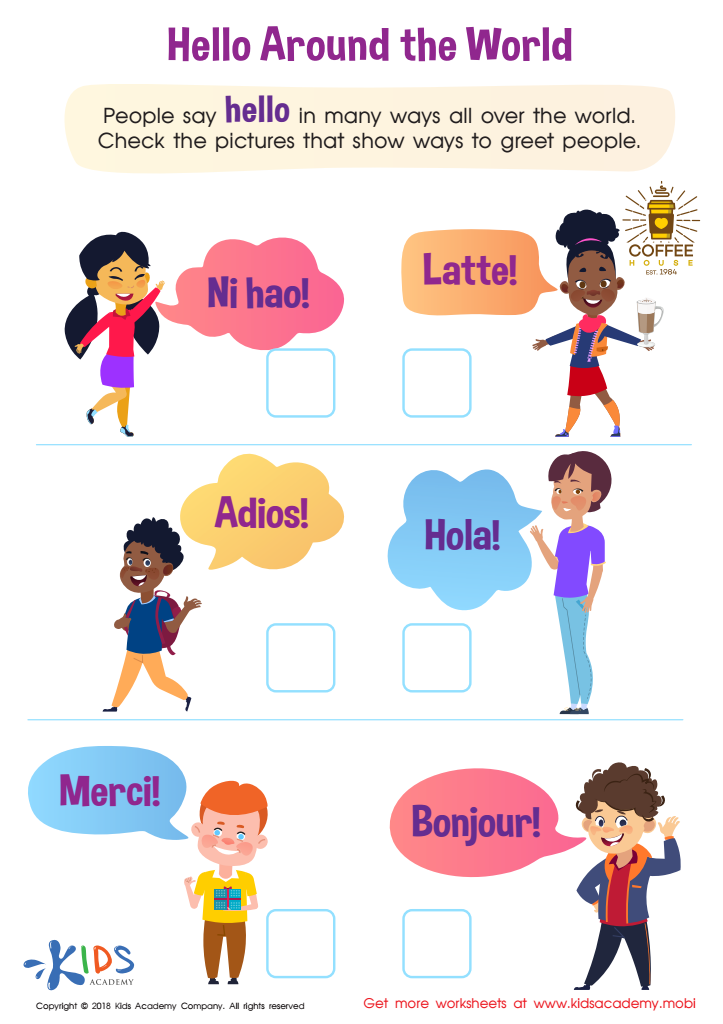

Hello Around the World Worksheet
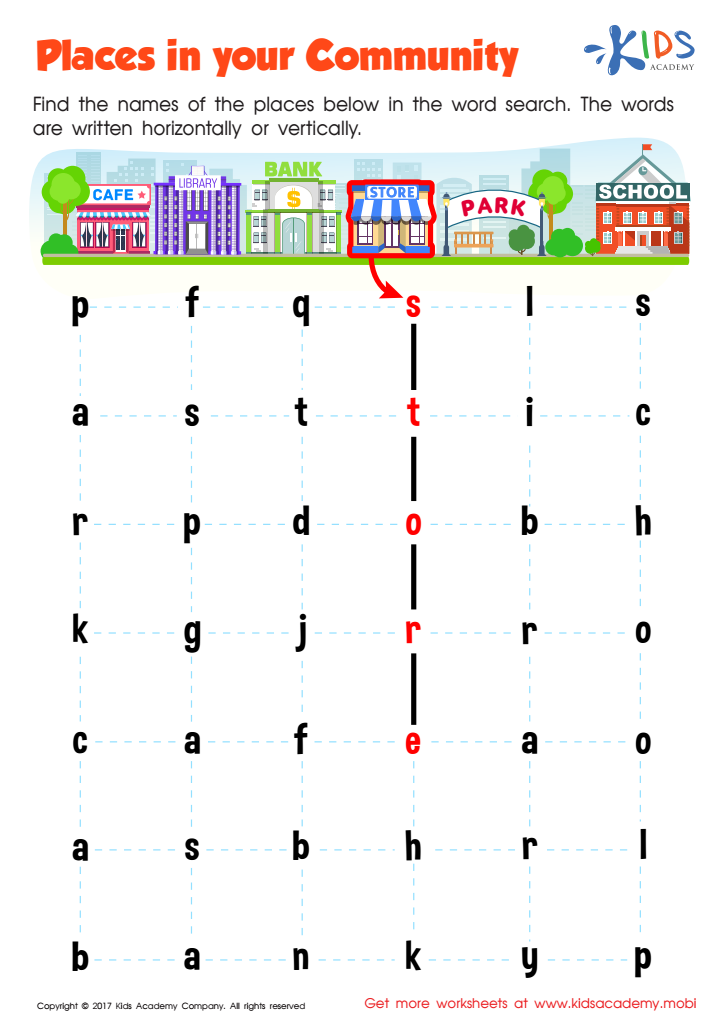

Places in Your Community Worksheet
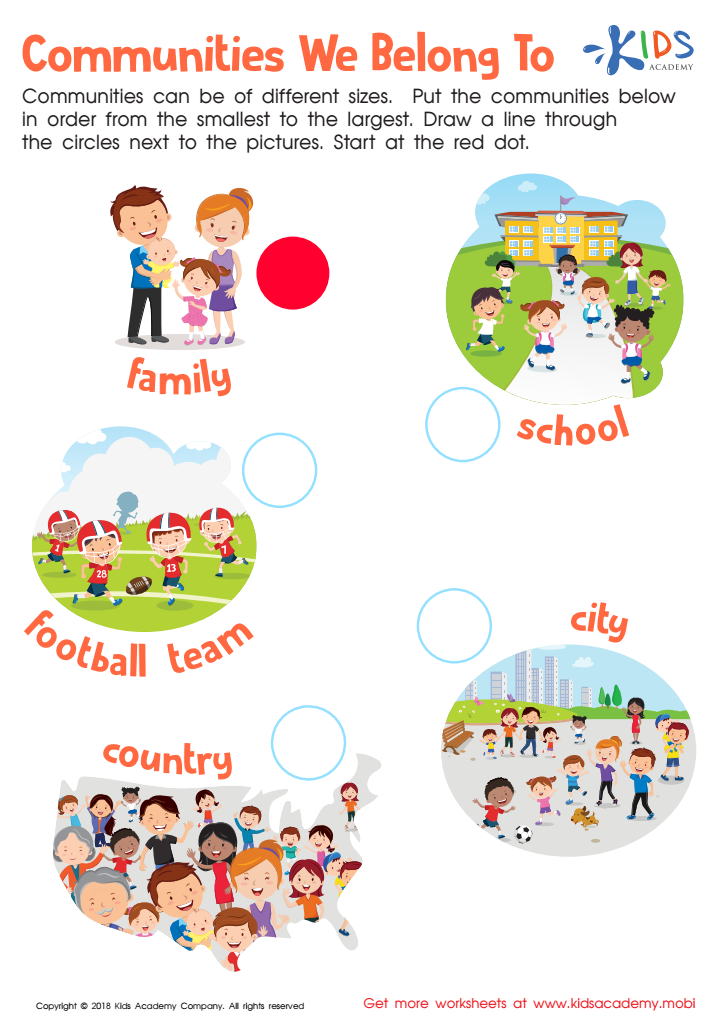

Communities We Belong to Worksheet
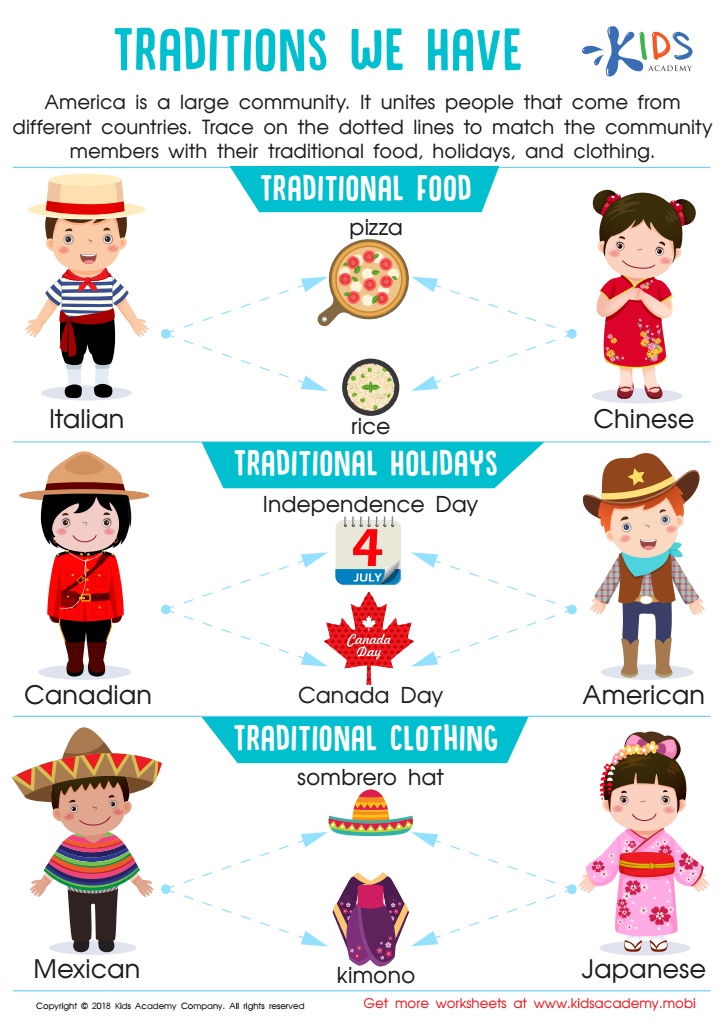

Traditions We Have Worksheet
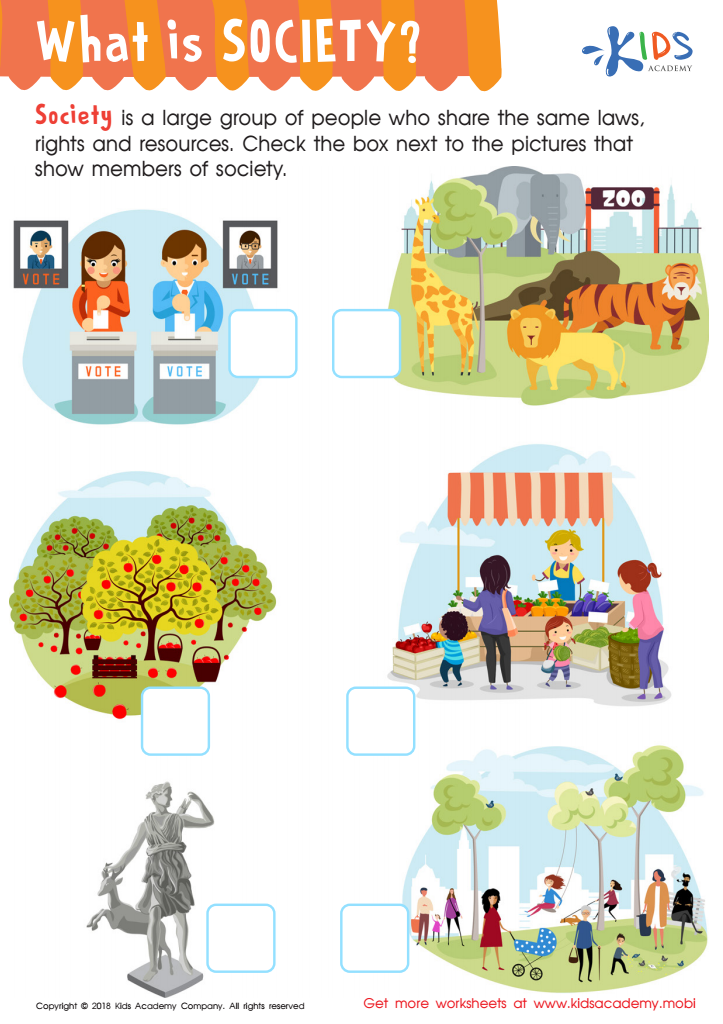

What Is Society? Worksheet
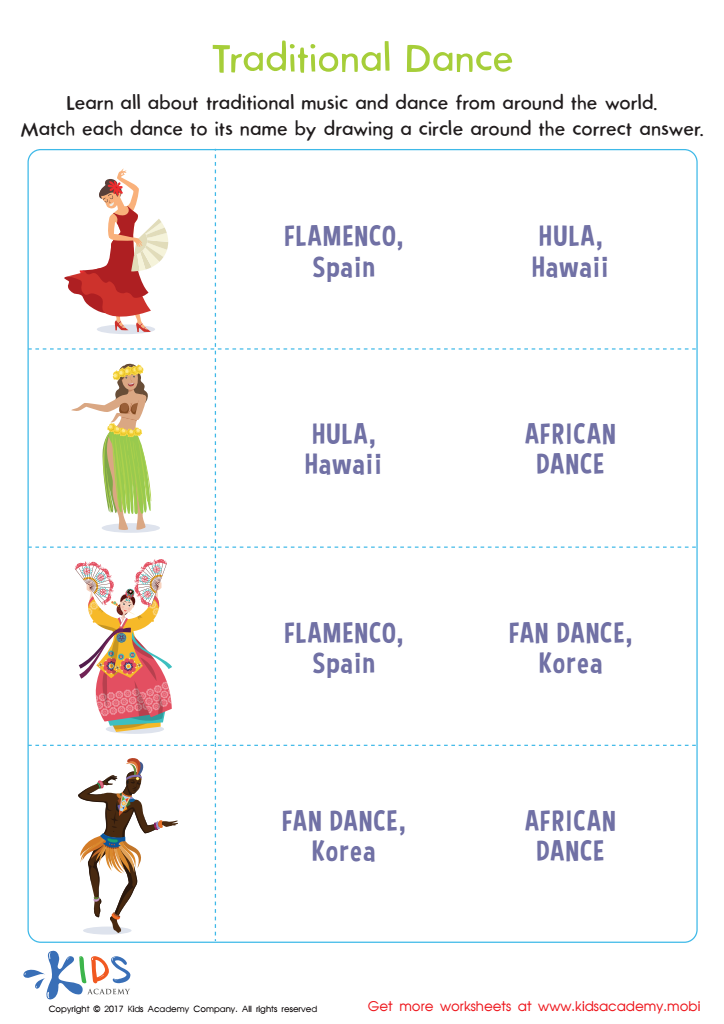

Traditional Dance Printable
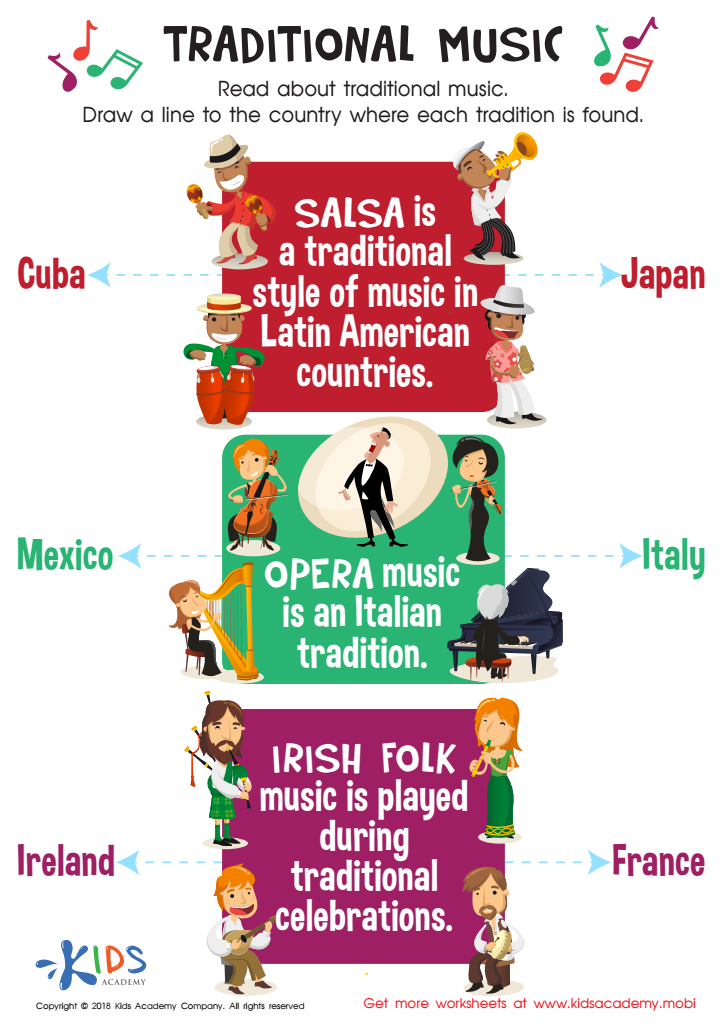

Traditional Music Worksheet
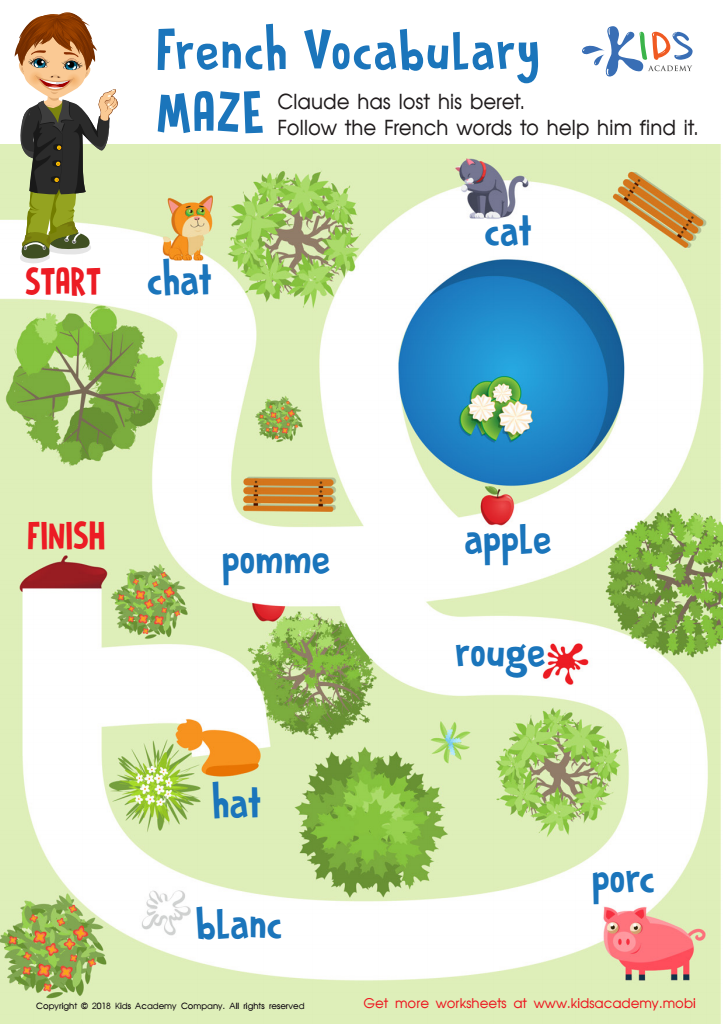

French Vocabulary Maze Worksheet
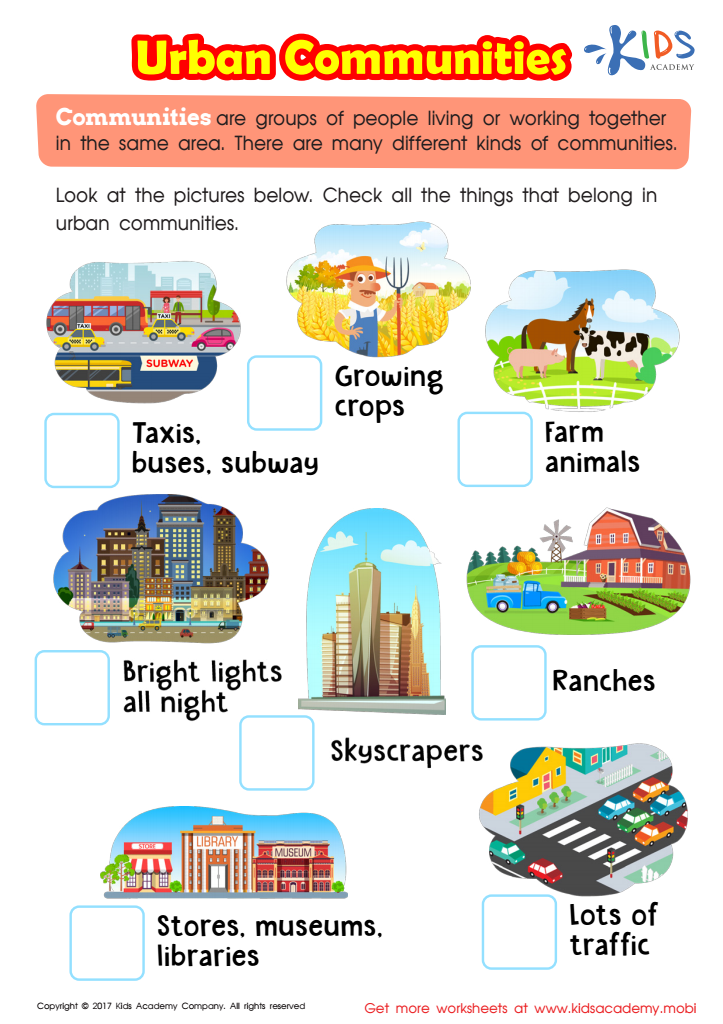

Urban Communities Printable
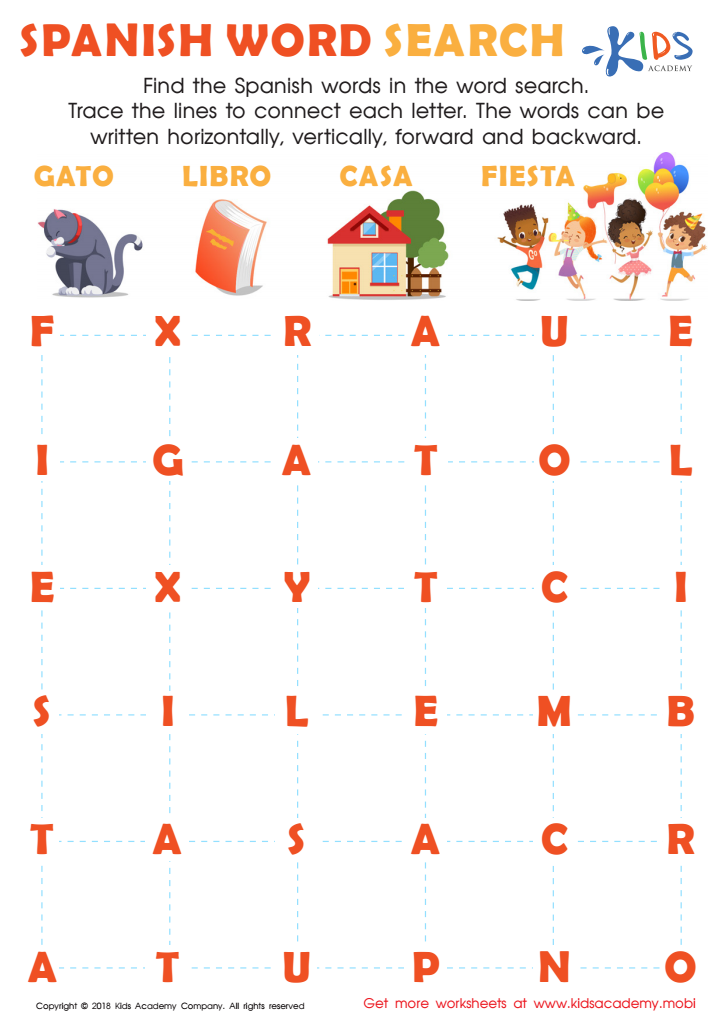

Spanish Word Search Worksheet
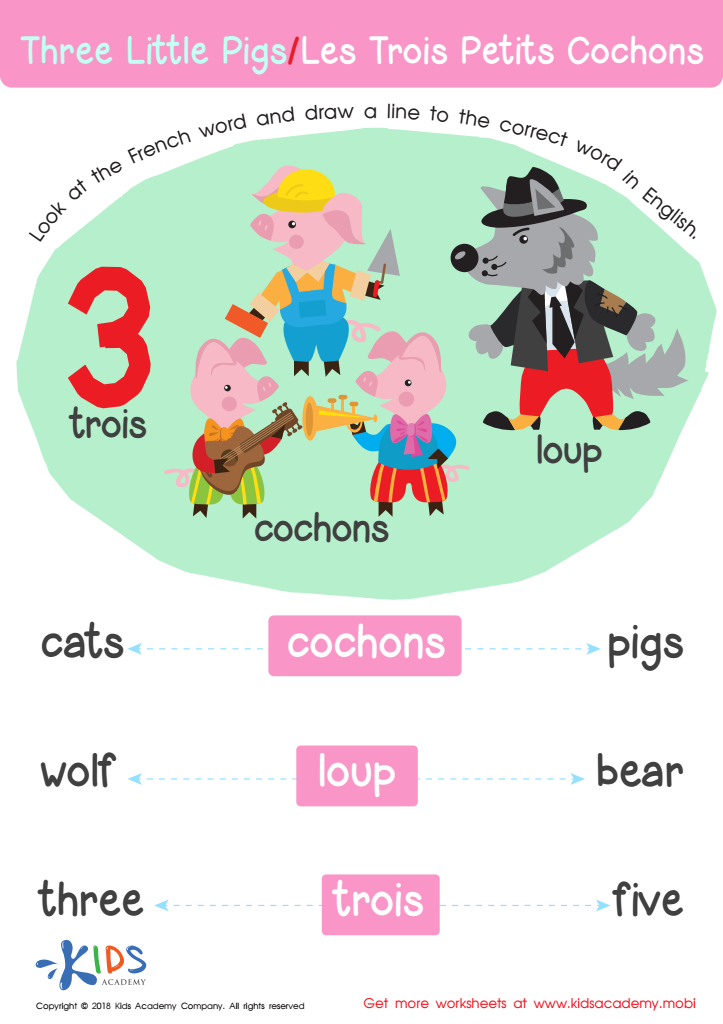

Three Little Pigs / Les Trois Petits Cochons Worksheet
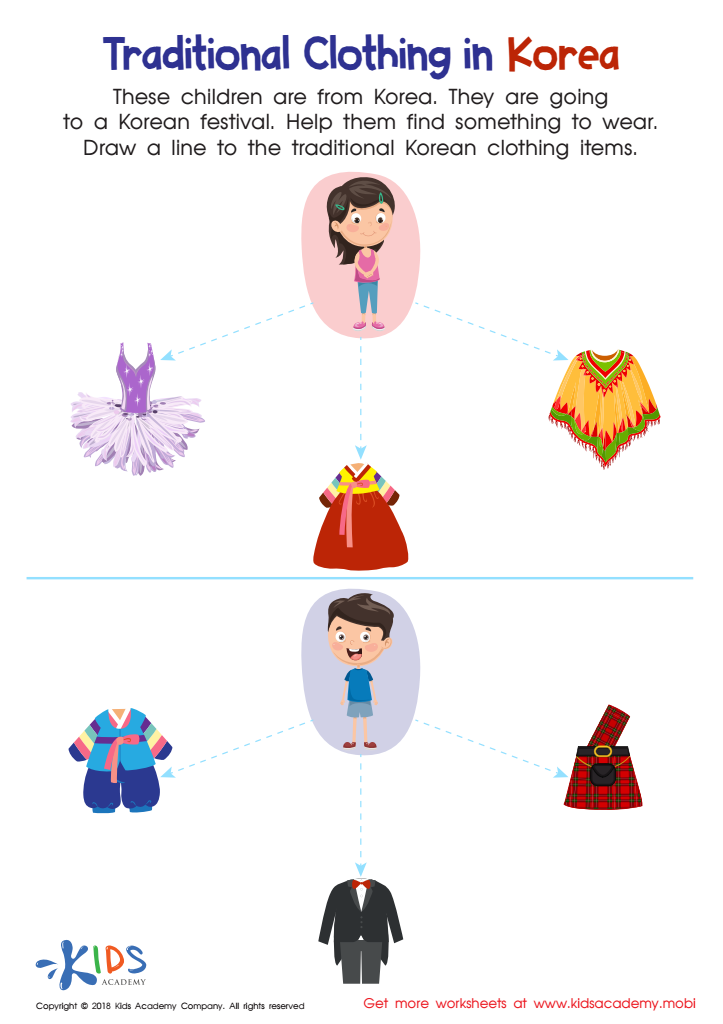

Traditional Clothing in Korea Worksheet
Parents and teachers play a crucial role in nurturing a child's individual development and cultural identity, particularly in grade 2, a pivotal stage for emotional and social growth. At this age, children become more aware of their surroundings and start to form their own identity. Understanding their individual needs and cultural backgrounds allows educators and parents to create tailored learning experiences that resonate with each child, fostering self-esteem and confidence.
By recognizing and celebrating cultural identity, educators can promote inclusivity and respect for diversity within the classroom. These practices help children develop empathy and understanding towards peers from different backgrounds, laying the foundation for harmonious relationships and collaboration.
Moreover, as children engage in discussions about their own and others' cultures, they gain a broader worldview and stronger critical thinking skills. Supporting children in embracing their individuality and cultural heritage can positively influence their academic performance and overall well-being, promoting a sense of belonging and acceptance.
Ultimately, cultivating individual development alongside cultural identity equips children with the essential skills to navigate society's complexities, appreciate diversity, and contribute positively to their communities as they grow. Thus, it is vital for parents and teachers to be actively engaged in this aspect of children's education.
 Assign to My Students
Assign to My Students


